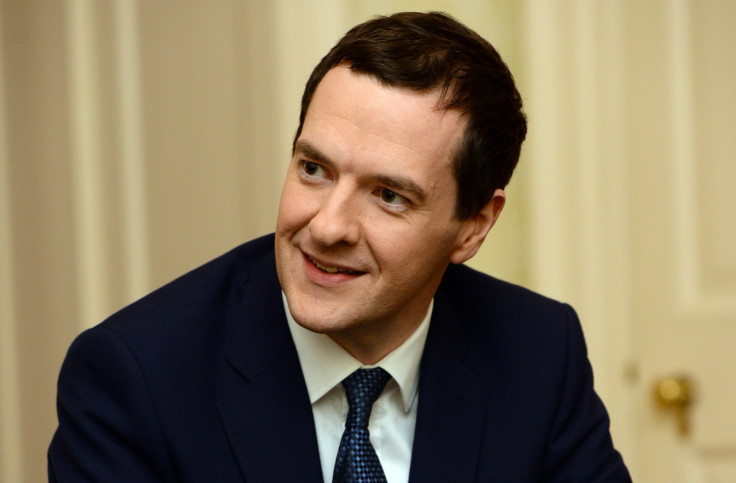General election 2015: What you need to know with 100 days to go before polling day
Welcome to the longest election period with a parliament for almost a century.That's thanks to the controversial 2011 Fixed-Term Parliaments Act.
The legislation means that, beginning from 7 May, general elections must be held every five years.
The Commons and Lords will now dissolve on 30 March, giving the parties five weeks of banging on doors, wearing their shoes down and sending seemingly endless amounts of propaganda to people's houses.
But before the campaign proper kicks off, there are a few key events you need to know about.
MPs and peers will have a break as parliament rises on 12 February and sits on 23 February. This period is otherwise known as half-term and will give the politicians an opportunity to take stock and nail down their battle plans as we head toward polling day.
Spring conferences
But Mark Reckless and Douglas Carswell will only have a few days in the Commons as the Ukip spring conference will run for two days from 27 February.
The Eurosceptic party is descending on the seaside town of Margate – conveniently located in Thanet, where Nigel Farage will attempt to be elected to the Commons in May.
The party is consistency polling around 15% and the polling gurus, including YouGov's Peter Kellner, have predicted that Ukip will win around five to ten seats at the election.
The trick for Farage and Co will be to build momentum up to May after a slump over Christmas and a quiet January.
The Eurosceptics will also want to forget Matthew Richardson, the party's secretary, claiming that Ukip speak for bigots.
If there are any more defections from the Tories – or even Labour – to Ukip, expect them to be announced around that period.
The Liberal Democrats will be holding their own spring conference in March. Nick Clegg and the crew will meet up in Liverpool between 13 and 15 March.
The event will be an opportunity for the party leader to stoke morale ahead of polling day.
The party faithful are no doubt winded after the Liberal Democrats secured 22.1% in 2010 but now, after almost five years of government, are down to around 7% in the opinion polls.
Economic measures

If Tony Blair was all about "education, education, education", the Tories are all about "the economy, the economy, the economy".
It's their trump card over Labour – they argue that have steered the country's economy out of recession and into growth and to give Ed Balls and Ed Miliband the "keys to the car" would be reckless.
That "long term economic plan" narrative was boosted this morning (27 January) after the Office for National Statistics (ONS) revealed that UK GDP grew by 2.6% in 2014, up from 1.7% last year.
The data means that the country's economic growth rate is 3.4% above its peak before the credit crunch.
The figures come after the ONS said that the UK's unemployment rate dropped to 5.8% in the three months to November, down from 6%.
The next economic test for Osborne will come Budget Day on 18 March, when the senior Tory is expected to announce a bunch of vote-winning economic measures.
In April, Cameron will see how realistic his "full employment" pledge is when the final batch of labour market figures are announced before election day.
Likewise, the final batch of GDP figures will be announced by the ONS on 28 April.
© Copyright IBTimes 2025. All rights reserved.






















